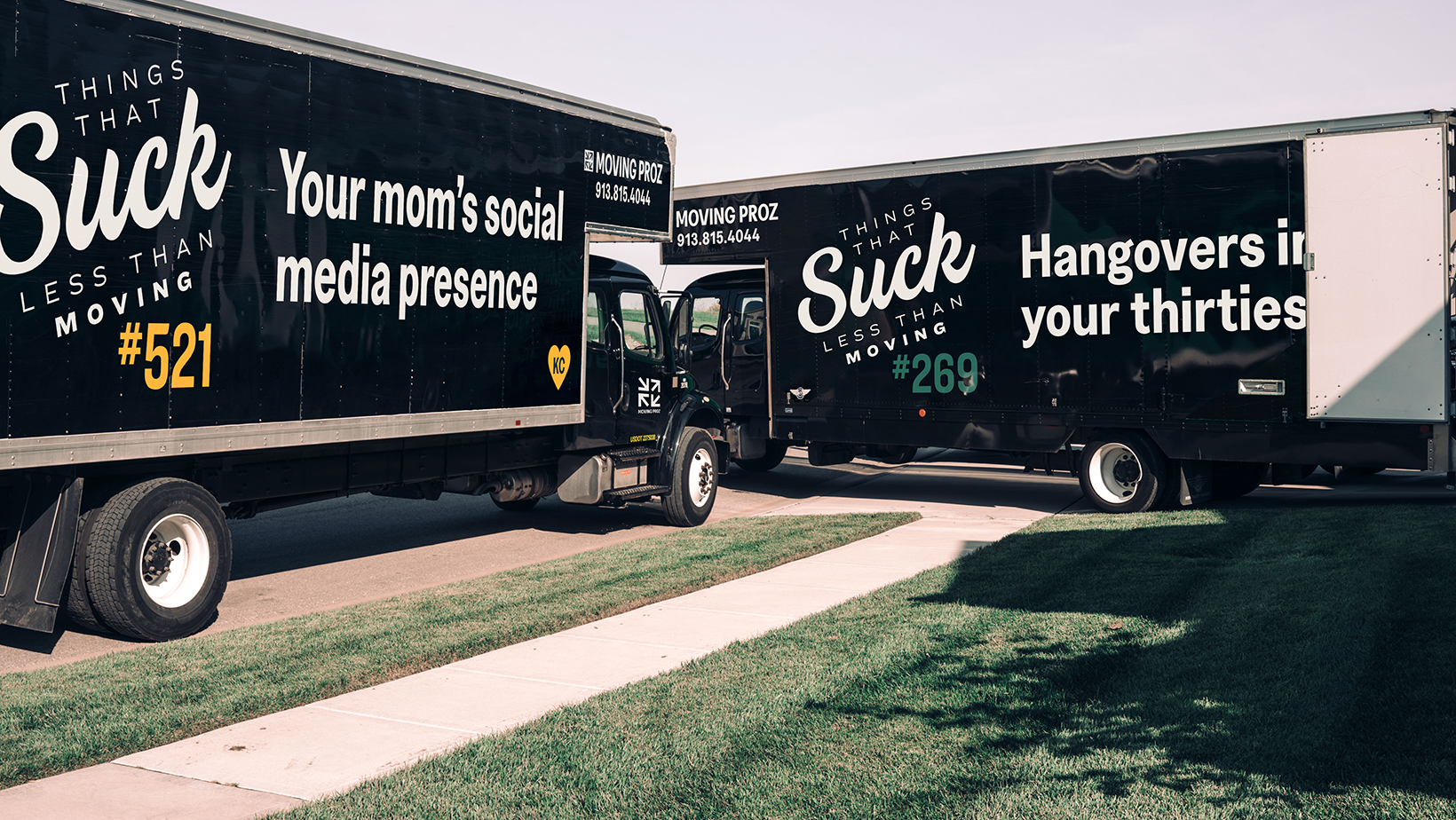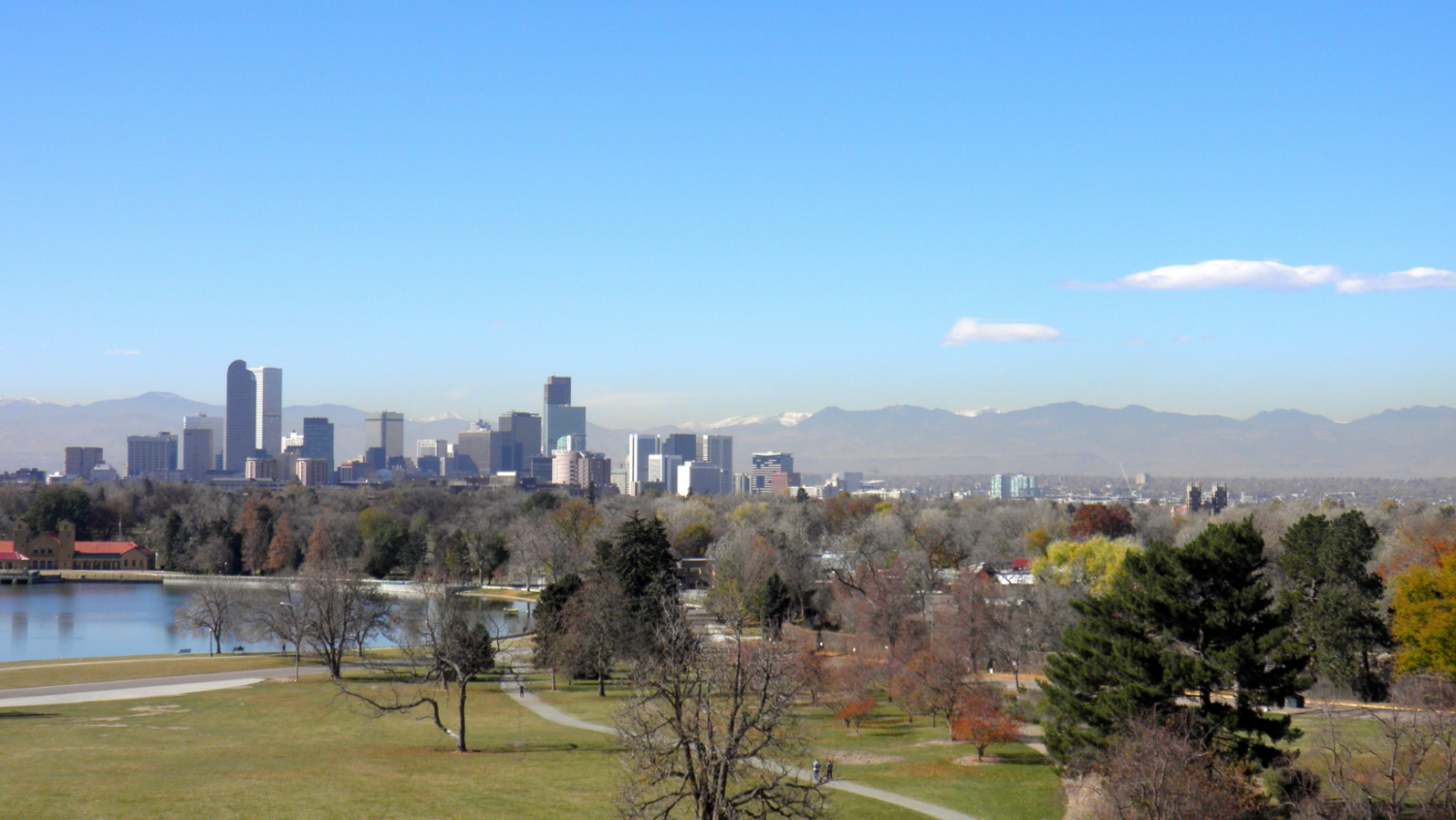Thinking about moving to Denver? You’re not alone. Denver is one of the fastest-growing cities in the U.S., attracting new residents with its booming job market, active lifestyle, and stunning mountain views.
However, before you make the move, it’s essential to understand Denver’s housing market, cost of living, weather, and overall lifestyle to determine if it’s the right fit for you.
This guide covers everything you need to know, from neighborhoods and transportation to job opportunities and outdoor activities.
Why Are So Many People Moving to Denver?
Denver has become a hot relocation destination due to its strong economy, vibrant culture, and access to nature. Here’s why people are making the move:
- Strong job market – Growing industries in tech, aerospace, healthcare, and finance
- Work-life balance – A culture that values outdoor activities and wellness
- 300+ days of sunshine – Mild winters and dry summers make for pleasant weather year-round
- Outdoor paradise – Easy access to hiking, skiing, and mountain biking
- Craft beer capital – Over 100 breweries and a thriving food scene
- Booming real estate market – Strong home value appreciation
- Proximity to national parks – Weekend trips to destinations like Rocky Mountain National Park, Utah, and Wyoming
Another factor driving Denver’s popularity is its diverse and welcoming culture. The city attracts people from all walks of life, from outdoor enthusiasts and entrepreneurs to artists and tech professionals. Denver has a progressive and innovative atmosphere, making it a great place for startups, creatives, and anyone looking for a fresh start.
Best Neighborhoods in Denver
Choosing the right neighborhood is key to a successful move. Whether you’re looking for a family-friendly community, a lively urban scene, or an affordable place to live, Denver has options for everyone.
Best for Families
- Washington Park – Great schools, large parks, and a family-friendly atmosphere
- Stapleton (Central Park) – Newer homes, good schools, and a suburban feel
- Lowry – A quieter neighborhood with a mix of modern and historic homes
Best for Young Professionals
If you’re a young professional looking for a vibrant neighborhood, Denver has several areas that offer a great mix of nightlife, job opportunities, and walkability. These neighborhoods are ideal for those who want to be close to work, entertainment, and public transit, making it easy to enjoy everything the city has to offer.
- LoDo (Lower Downtown) – Historic district with loft apartments, nightlife, and entertainment
- RiNo (River North Art District) – Trendy, artsy, and full of breweries and restaurants
- Capitol Hill – Affordable, walkable, and close to bars and coffee shops
Best for Affordability
- Montbello – One of the most affordable neighborhoods in Denver
- Windsor – A budget-friendly option with good access to downtown
- East Colfax – Affordable housing with improving amenities
Is Cherry Creek a Good Place to Live?
Cherry Creek is one of Denver’s most desirable neighborhoods, known for its mix of urban luxury and suburban charm. This upscale area offers:
- High-end shopping and dining – Home to Cherry Creek Shopping Center and top-rated restaurants
- Luxury apartments and real estate – A mix of modern condos, upscale townhomes, and historic houses
- Beautiful parks and bike trails – Easy access to Cherry Creek Trail for walking, running, and cycling
- Proximity to downtown – A short commute to Denver’s business and entertainment districts
Cherry Creek is a great choice for those who want a high-end lifestyle with convenience and walkability, but housing prices here are among the highest in Denver.

Photo Credit: https://www.denver.org/
Cost of Living in Denver
Denver’s cost of living is higher than the national average, but it remains more affordable than cities like San Francisco or New York.
Housing Costs
- Average rent: $1,800 – $2,900 per month
- Median home price: Over $600,000, with values nearly doubling in the last decade
Utilities and Expenses
- Electricity & gas: Around $100 – $150 per month
- Water & trash: About $50 per month
- Public transportation pass: $114 per month
While housing is competitive, the suburbs offer more affordable options with larger homes and better value.
Job Market and Economy in Denver
Denver has a strong and growing economy. Many people move here for job opportunities in key industries:
- Aerospace – Lockheed Martin, Boeing, Raytheon
- Technology & Startups – A growing tech hub with venture-backed companies
- Healthcare – UCHealth, Denver Health, and multiple medical centers
- Financial Services – Known as the “Wall Street of the Rockies”
If you’re job-hunting before moving, it’s best to secure a job before relocating due to the competitive market.
Transportation & Traffic: Getting Around in Denver
As Denver continues to grow, traffic congestion and commuting challenges have become more noticeable. Whether you’re driving, biking, or relying on public transit, it’s important to understand the transportation landscape before moving to the city.
Traffic & Commutes
Denver’s road network is designed around I-25, I-70, and US-36, which connect the city to the suburbs and surrounding regions. However, as the metro area expands, these highways have become more congested, especially during peak hours.
- Average commute time: 25 – 30 minutes, depending on where you live and work
- Rush hour congestion: Traffic is heaviest Monday through Friday from 7-9 AM and 4-6 PM
- Worst roads for traffic: I-25, I-70, and Speer Boulevard often experience heavy congestion
- Parking downtown: Expensive and limited, with hourly and daily rates at parking garages often exceeding $20 per day
If you work downtown, consider using public transit, biking, or carpooling to avoid spending too much time stuck in traffic.
Public Transportation (RTD)
The Regional Transportation District (RTD) provides bus and light rail services throughout the Denver metro area. While useful, the system is not as extensive as those in larger metropolitan areas like New York or Chicago.
Light Rail & Commuter Rail
- Light Rail: Covers many parts of Denver, including downtown, the Denver Tech Center, and the airport
- Commuter Rail: The A-Line connects Denver International Airport (DIA) to Union Station in about 37 minutes
- Drawbacks: Service does not reach all neighborhoods, and some routes have infrequent schedules
Bus System
- Extensive coverage throughout the Denver metro area
- Affordable fares with monthly passes available for frequent riders
- Cons: Can be slow during peak hours, and some areas have limited routes
Biking and Walking in Denver
Denver is one of the most bike-friendly cities in the U.S., with a strong emphasis on bike lanes, trails, and shared roads. Many residents prefer biking as an alternative to driving due to the city’s dry climate and abundant sunshine.
- Dedicated bike lanes: Over 196 miles of bike lanes throughout the city
- Popular bike routes: Cherry Creek Trail, South Platte River Trail, and 16th Street Mall
- Bike-sharing programs: Denver used to have B-cycle, but now various e-scooter and bike rental companies offer affordable options
Walkability in Denver varies by neighborhood. Downtown, LoDo, and Capitol Hill are highly walkable, while suburban areas like Aurora and Lakewood require a car for most errands.
Denver’s Outdoor and Cultural Scene
One of the biggest perks of living in Denver is there are a lot of things to do.
Outdoor Activities
- Hiking & camping – Dozens of trails within an hour’s drive
- Skiing & snowboarding – World-class resorts like Breckenridge and Vail
- Rock climbing, kayaking, and mountain biking
Food and Brewery Scene
- Farm-to-table restaurants with locally sourced ingredients
- Over 100 craft breweries, including some of the nation’s best
Arts and Entertainment
- Denver Art Museum, Museum of Nature & Science, and historic districts
- Red Rocks Amphitheater – One of the best outdoor concert venues in the country

Essential Things to Complete After Moving to Denver
Once you’ve settled into your new home, there are a few important steps to take to ensure a smooth transition. Completing these tasks early will help you get acclimated to Denver’s systems, services, and community.
- Set up utilities – Contact Xcel Energy for electricity and Denver Water for water service.
- Get a Colorado driver’s license – Required within 30 days of moving; visit the DMV to update your records.
- Register your car – Colorado has emissions testing requirements, so check with the state’s DMV for testing locations.
- Explore your neighborhood – Locate essential services like grocery stores, gyms, coffee shops, and local restaurants.
- Get involved in the community – Join local Facebook groups, Meetup events, or neighborhood associations to start building connections.
Taking care of these essentials will help you settle in quickly and start enjoying your new life in Denver.
Pros and Cons of Living in Denver
Pros
- Thriving job market
- Outdoor activities year-round
- High quality of life
- Great local food and beer scene
Cons
- High cost of housing
- Traffic congestion
- Dry climate can take getting used to
- Limited public transportation options
- Moving to Denver Soon? We Can Help!
Long-distance moves can be overwhelming, but Moving Proz makes the process easy. Whether you’re moving locally or across the country, our professional movers handle everything efficiently and affordably.
Contact Moving Proz for a free moving quote and make your Denver relocation stress-free.
